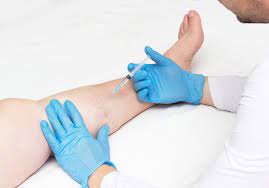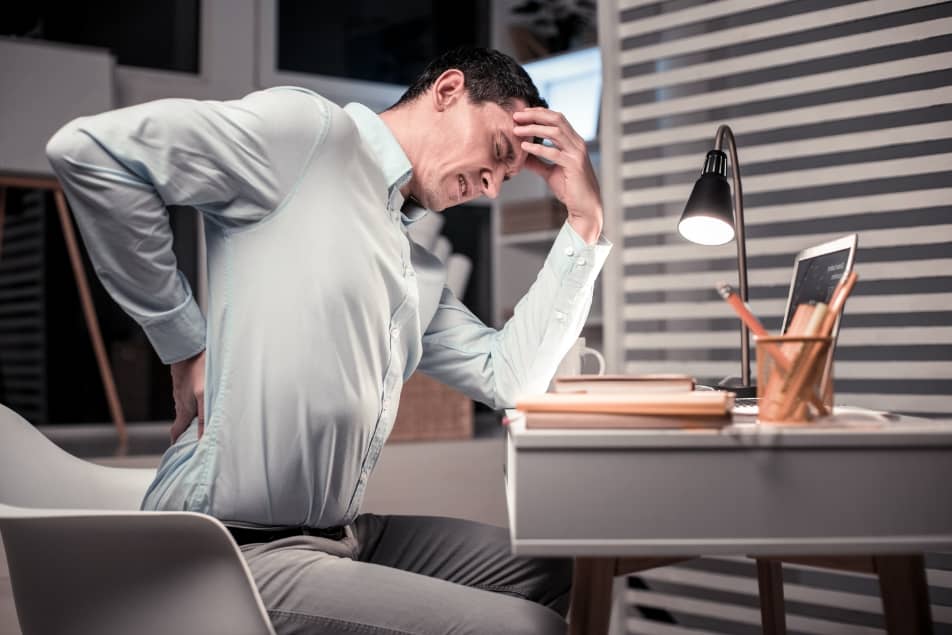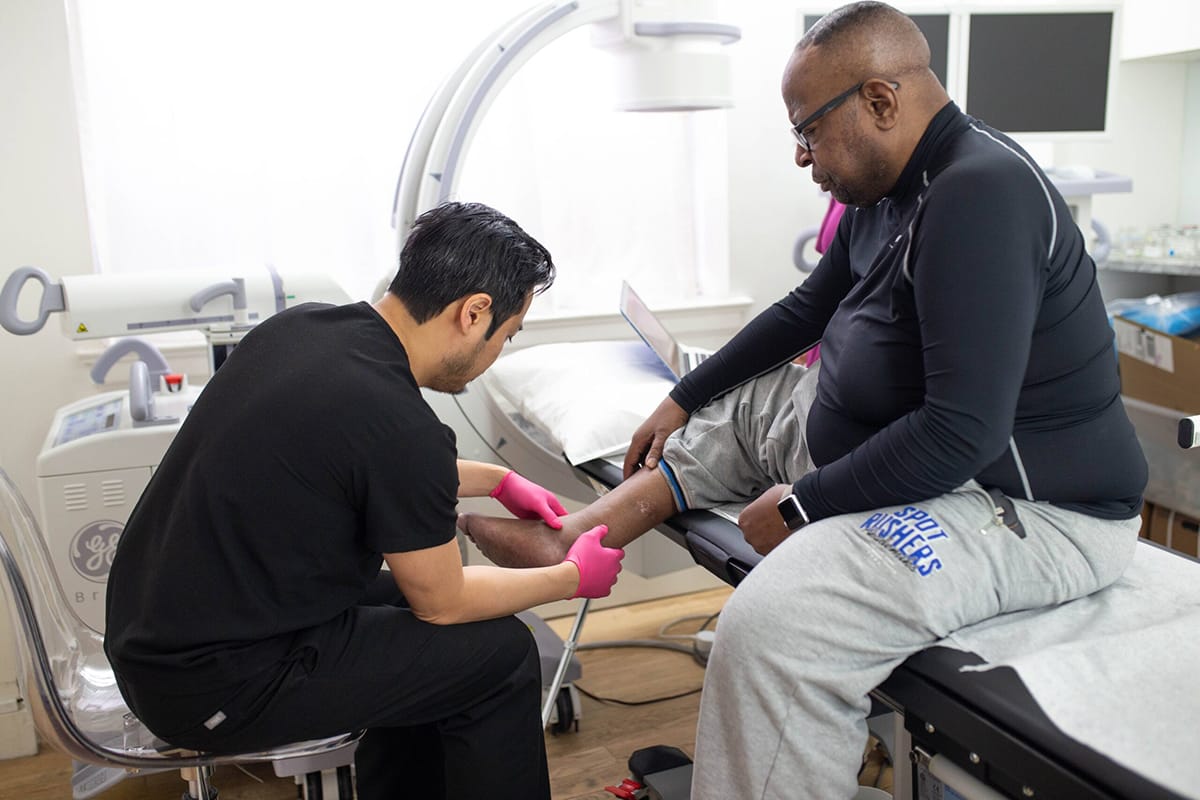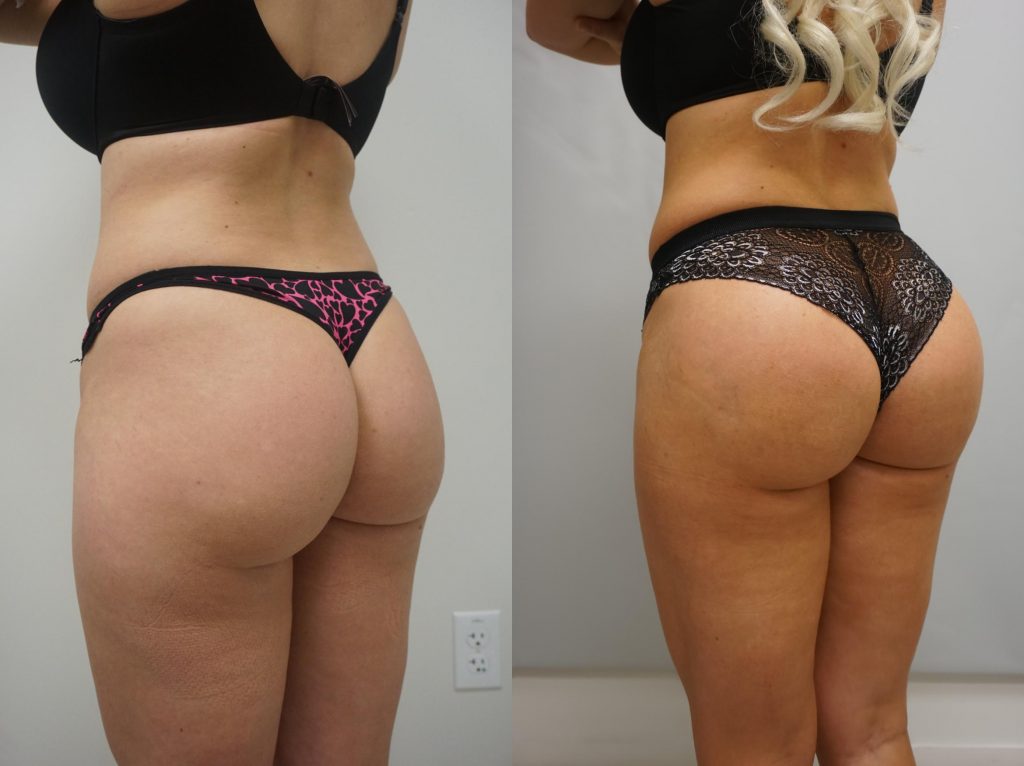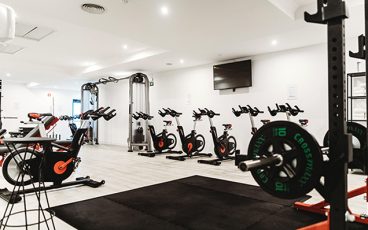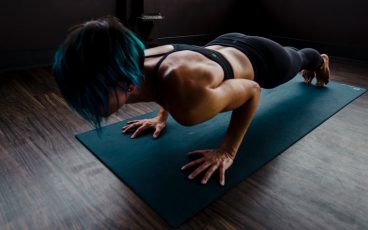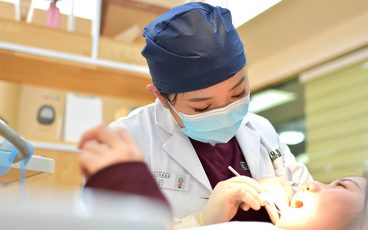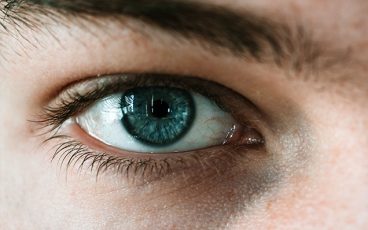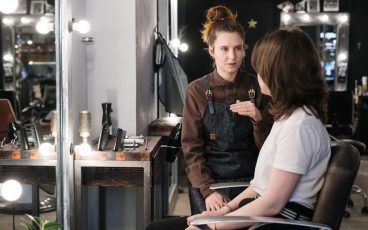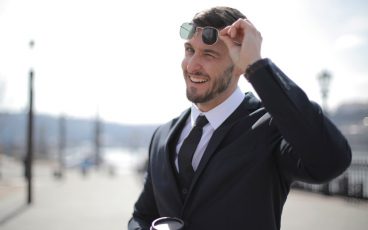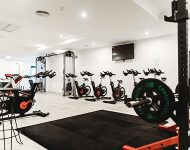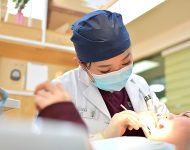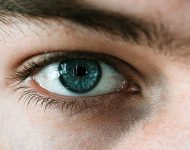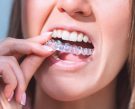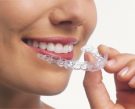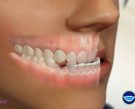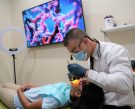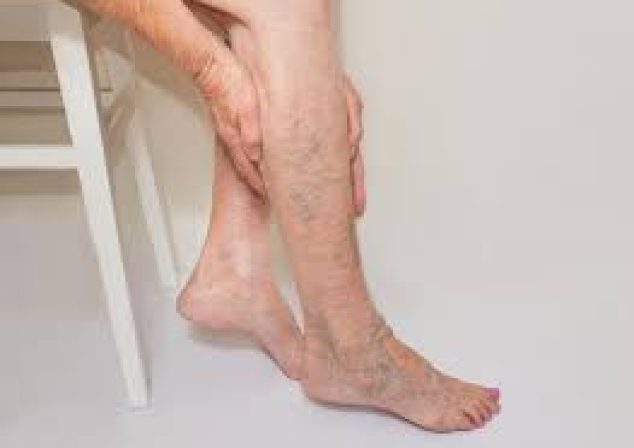
Varicose veins are a general situation that affects millions of individuals globally. These twisted, enlarged veins can cause pain, discomfort, and self-consciousness. Fortunately, various treatment choices are available to diagnose varicose veins, improving overall vascular health and relieving symptoms. This study will explore the various therapies for varicose veins, from reservative steps to minimally invasive processes, helping you make informed choices about managing this situation.
What Do Varicose Veins Mean?
Varicose veins are a type of veins that have become twisted and enlarged. They often arrive as bulging, purple or blue cords on the legs and are induced by damaged or weakened valves in the veins. This may result in increased pressure and blood pooling within the affected veins, occurring to their uncomfortable and visible appearance.
What Are The Surgical Options Available for Varicose Veins?
What is the treatment for varicose veins available? These are:
Lifestyle Modifications:
In various cases, lifestyle transforms can help reduce symptoms and reduce varicose veins from exacerbating. Routine exercise, keeping a healthy weight, raising the legs, avoiding long times of sitting or standing, and having compression shocks are lifestyle modifications that can reduce discomfort and enhance blood flow.
Sclerotherapy:
Sclerotherapy is a minimally invasive therapy for varicose veins that injects a solution directly into the impacted veins. The solution discomforts the vein valves, causing them to contract and close. Over time, the diagnosed veins are reabsorbed and fade by the body. Sclerotherapy is a successful option for minimally appearing varicose veins and can be treated in an outpatient environment.
Endovenous Laser Ablation (EVLA):
EVLA is a more minor invasive process used to treat bigger varicose veins. During the process, a laser fiber is implemented into the impacted vein, providing targeted heat that creates the vein to disintegrate and seal the opening. Blood is then retransferred through healthier veins. EVLA provides minimal discomfort, a high success rate, and a shorter restorative time than traditional vein-stripping surgery.
Radiofrequency Ablation (RFA):
RFA is an identical minimally interfering approach to EVLA. Still, it utilizes radiofrequency vibrancy rather than laser energy to minister varicose veins. A catheter provides the energy to the impacted vein, sealing and heating it shut. RFA is well-tolerated, effective, and offers faster healing than surgical interventions.
Vein Stripping and Ligation:
Surgical interventions such as ligation and vein stripping may be considered in more severe conditions of varicose veins. These processes involve tying off or removing the affected vein through tiny openings. While effective, these treatments are mainly reserved for complex cases or other failed surgeries.
In Conclusion
Varicose veins can create self-consciousness and discomfort, but with the range of treatment choices available, there is a chance for relief and enhanced vascular health. From lifestyle enhancements to minimally invasive processes like EVLA, sclerotherapy, and RFA, treatments are suitable for various severity levels and needs.
Discussing with a vascular specialist for What Kind of Doctor is a Vein Specialist? and a healthcare professional is essential to determine the proper treatment plan for your condition. Addressing varicose veins can relieve symptoms, improve vascular health, and recover confidence in your formation. Remember, seeking professional guidance and keeping a healthy lifestyle are essential to managing varicose veins.
0 Comments 725 Views
YOU MAY ALSO LIKE
share
About me

Health And Healthy Tips is Free health blog, If you wish to be part of this blog and want to conribute contents which are interesting for our readers, please contact us.
CATEGORY
- Beauty (19)
- BUSINESS (3)
- Dental Care (187)
- Eye Care (12)
- Fitness (23)
- Healthy Life (179)
- Men's (10)
- Women's (12)

